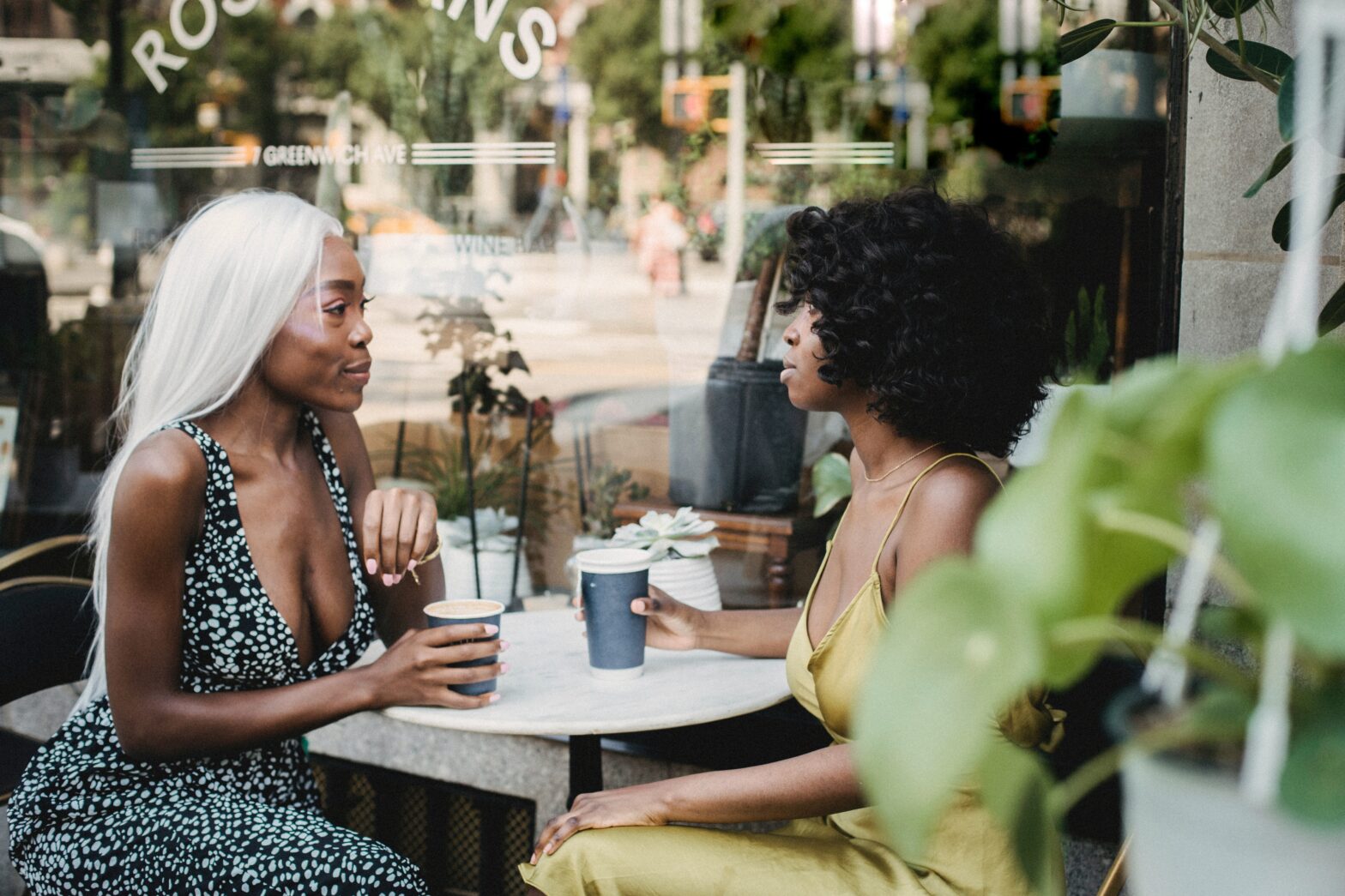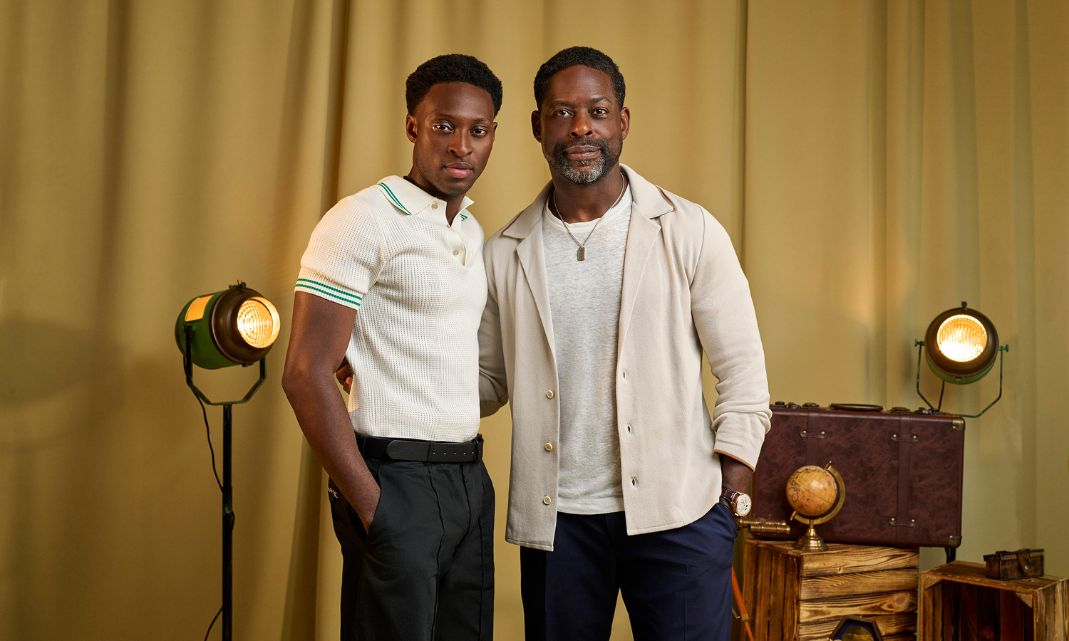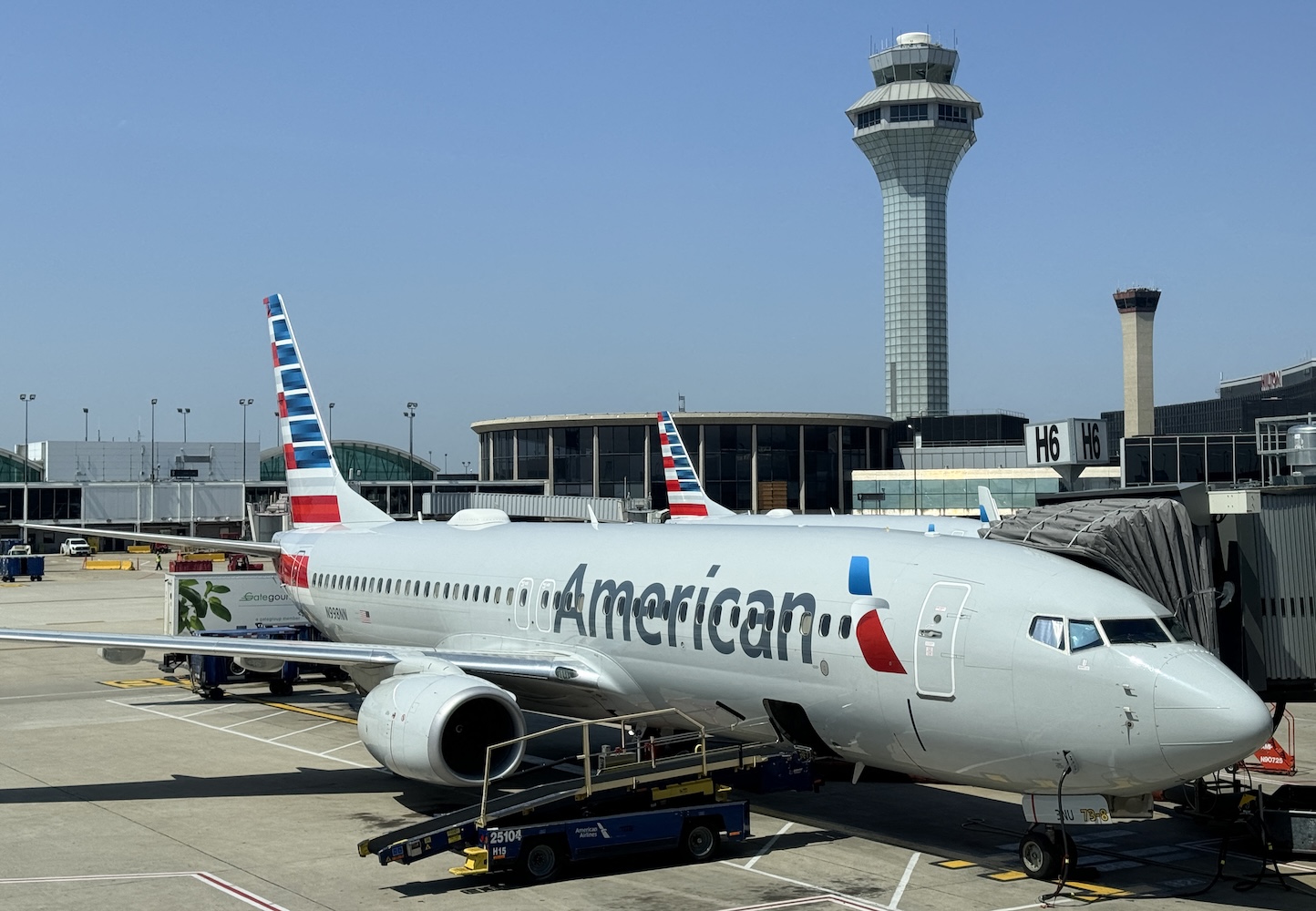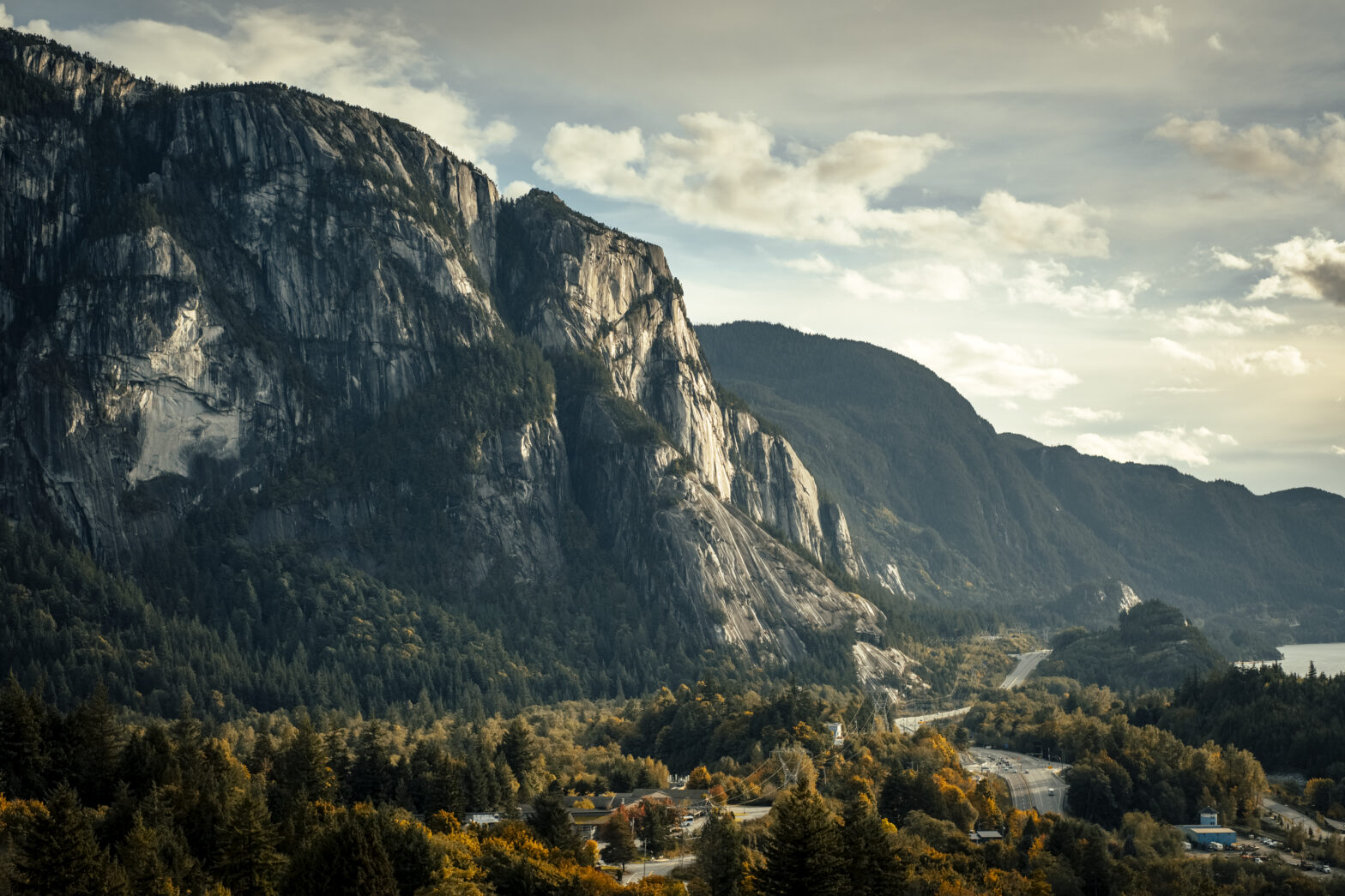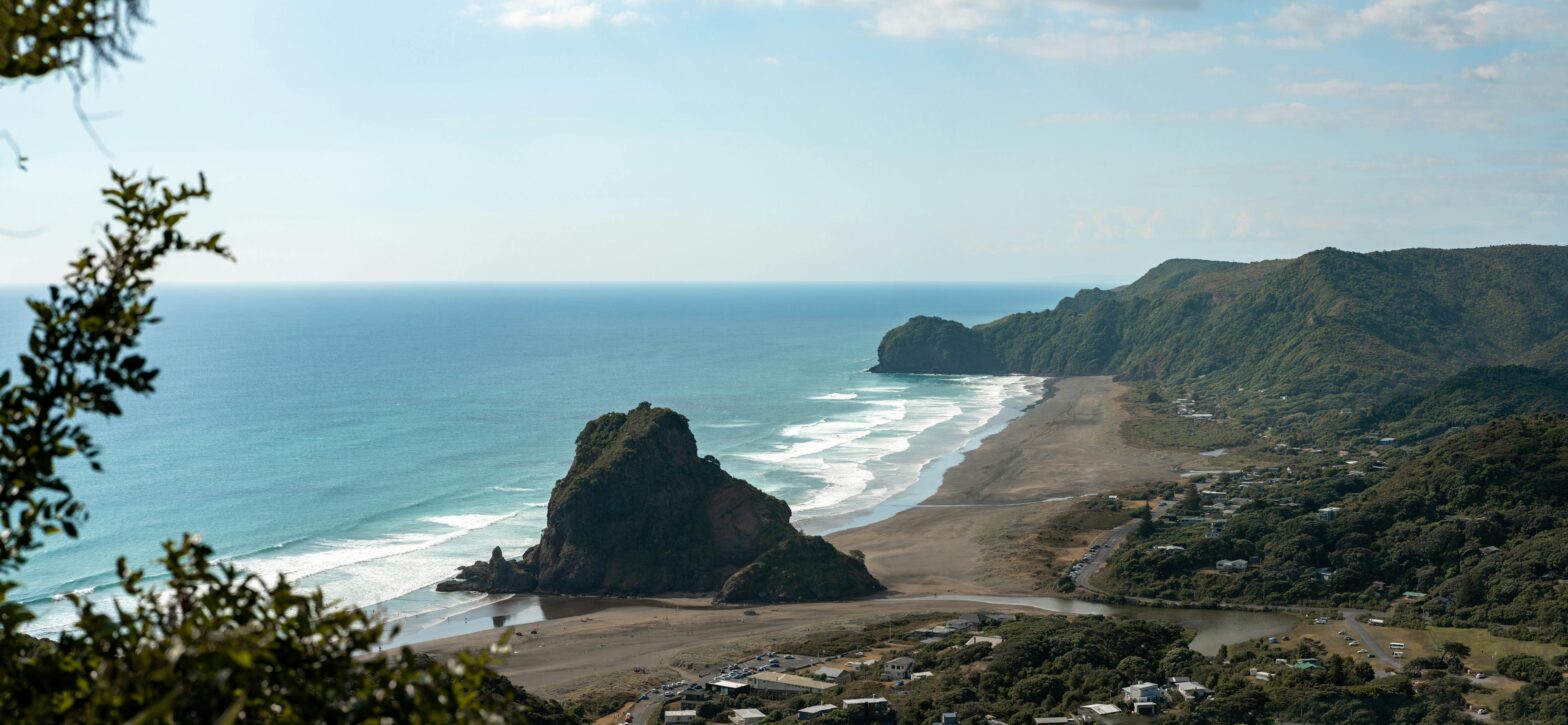While teaching in Bangladesh, Drea Woods, 36, encountered many new and different experiences. Some of them were exciting and thrilling, while others seemed almost cringe-worthy.
For example, for Woods’ birthday, her students threw her a surprise party. Woods knew it was a Bangladesh custom to be fed cake on your birthday. Despite being a bit of a germaphobe, Woods gracefully ate the cake from her student’s hands in true celebratory fashion.
“I had to calm myself down and be open to the experience because in that moment, I didn’t want to say no and be offensive or disrespectful,” Woods said. “We were all able to laugh at my hesitancy and enjoy the celebration.”
For Woods, participating in the cultural exchange was a display of a shared love for humanity and being open to experiencing someone else’s traditions. However, not all American travelers share those same sentiments. Stories of American entitlement can be found all across the internet. From complaining about having to walk to see the Amalfi Coast to saying the “P” in Paris stands for pee due to the city’s smell, online rants displaying entitlement when traveling abroad are extremely common.
“Sometimes I wish we could go back to those days where everybody spoke and everybody communicated from the heart and in meaningful ways and if we did that we would see less of this entitlement piece,” she said.
A Case Of American Privilege
Traveler Konna Kandeh, 32, has visited a plethora of international destinations. No matter if she was in Jamaica or Bangkok, Kandeh says she has noticed a type of American privilege when locals see her US passport.
“I definitely feel like there are times where you’re getting that extra special treatment just because they think you have money or it’s like a butter-up situation to get you to tip them more,” Kandeh said.
While some may use that privilege to their benefit, Kandeh prefers not to and says it can cause American travelers to have difficulty adapting to a new environment. Instead of embracing a different culture, some travelers are disrespectful because things aren’t the same as they are at home.
“To go somewhere else and think you can disrespect their land and who they are and walk away without any type of consequences that’s crazy to me,” she said.
Woods agrees that a lack of respect is the main issue. In addition to privilege, she says entitlement resonates in other ways too, including taking photos of locals without permission or compensation and assuming everyone outside of Western culture is impoverished.
Respect Is A Necessity
Most of Woods’ travels have been extended time spent in Southeast Asia and Latin America. In spaces where locals may not encounter many Black travelers, she feels it’s important to cast entitlement aside and set a tone of respect. She said it’s not about being a spokesperson for Black culture but about treating all humans with respect.
“Try to find opportunities to get to know the locals and if you can only say hi, bye, please, and thanks in their language, do that,” she said. “I don’t know if it’s just my Black family, but I feel like Black culture and African American culture has always been rooted in basic respect and respecting one another’s humanity. I feel like we’re losing a bit of that as a culture.”
Woods encourages Black travelers to learn about the culture and traditions in the destinations before visiting them. Kendah agrees with Woods, but she also hopes international citizens put effort into learning more about Black American travelers. Instead of leaning into stereotypes, she hopes more people everywhere treat Black travelers with the respect they expect.
